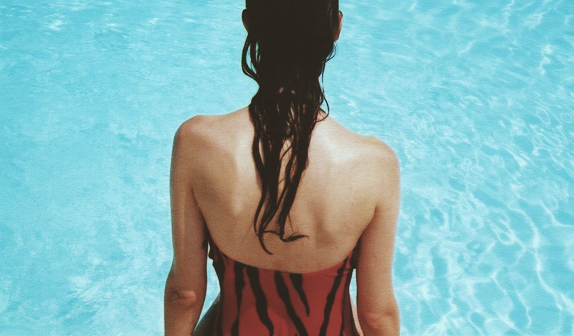
It’s true, chlorine is a perfect sanitizer but it also has various disadvantages: it dehydrates the skin, makes your eyes feel uncomfortable and ruins your hair. That’s why some spas are finding alternative solutions for their swimming pools that are equally effective.
A well known Venetian centre is the first of this kind in Europe to use a special magnesium and potassium water for its two pools which has been exclusively patented in Australia. The two minerals disinfect and, unlike chlorine, leave your skin feeling soft. Not only that, they also respect the environment and are good for your body: they reduce anxiety and stress, alleviate aches, rebalance your sleep cycle, stimulate vital energy and are environmentally friendly. Thanks to this special mix of magnesium and potassium, water consumption is reduced and harsh chemicals are eliminated, allowing this same water to be reused to irrigate the surrounding greenery.
Then there are natural swimming pools (found mainly in Nordic countries) that make use of natural systems based on the activity of microorganisms to purify the water, such as irises, water lilies and Nymphaea. In fact, the ancient Romans used a similar method to limit the use of chemical substances and clean sewer waters.
But the experimentation does not end there: in Trentino Alto Adige, water disinfected by salt electrolysis, a new and not yet common procedure, is used, while in some Romagna spas (and even in some places abroad, such as a swimming pool in an extra luxurious resort in Marrakesh, Morocco), an integrated ozone disinfection system is used. This type of water has a high oxidation power, which is effective against bacteria, algae, viruses, ensuring maximum microbiological safety. In this way, the swimming pool retains the precious trace elements of the thermal water and their therapeutic effects, which stimulate the endocrine system and muscle relaxation.


